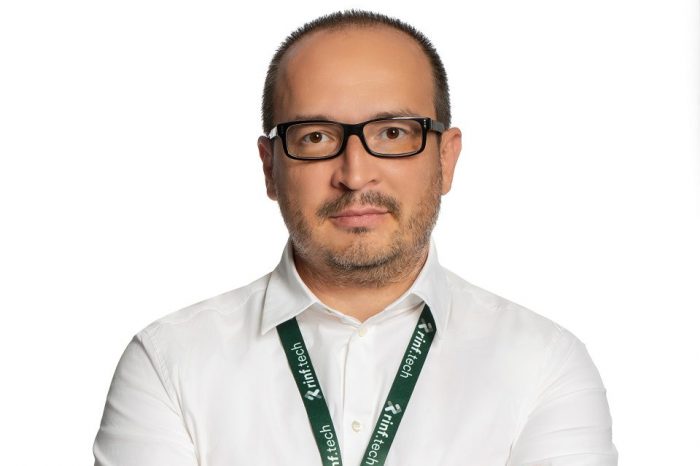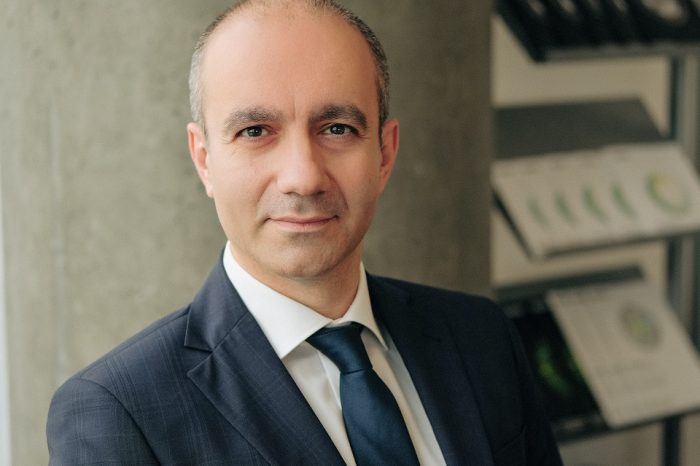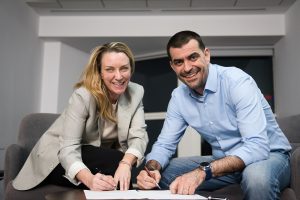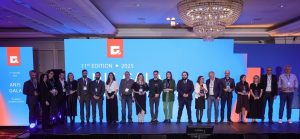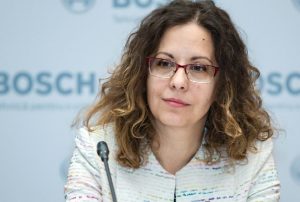Deloitte survey: Organizations spend less than 5% of revenues on technology
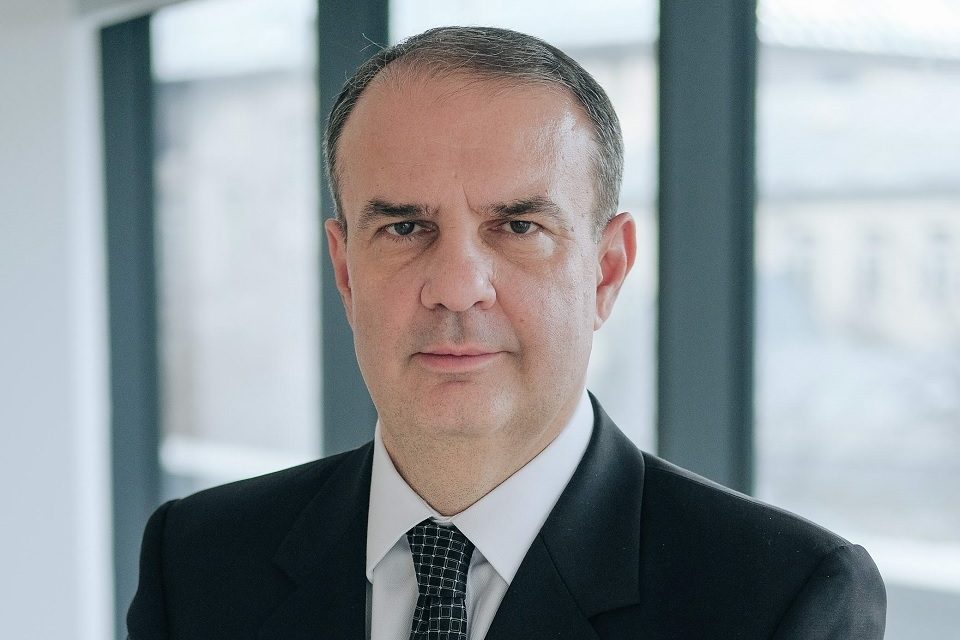
Organizations around the world spend less than 5% of their revenues on technology, even so-called tech vanguards – companies with a well-defined vision and strategy and a mature tech function -, according to the 2020 Deloitte Global Technology Leadership Study, conducted on 1,300 technology and business leaders across 69 countries, including Romania. The study also reveals that only 11% of organizations are tech vanguards and that almost a third of leaders in such companies (29%) are likely to play a visionary role, twice more than leaders in baseline organizations (14%).
The similarities between the two types of organizations are also visible when it comes to the budgets allocated to innovation, as 20% of vanguards invest in this field, only slightly above the percentage of baseline organizations (15%).
“The pandemic has accelerated the timeline for technology adoption and digitization, presenting leaders with an unprecedented opportunity to reshape their businesses. Organizations need now, more than ever, tech-savvy leaders, as businesses have become more technical, and the study even emphasizes that CEOs see technology leaders as their primary strategy partner, more than all other C-suit roles combined,” said Vladimir Aninoiu, Technology Director within Deloitte Romania’s Consulting practice.
According to 2020 Deloitte Global Technology Leadership Study, the main element that seems to help tech vanguards outperform baseline organizations is their ability to leverage technology for business growth, backed by operating rhythms and strategic priorities not only in the technology functions, but across the entire enterprise. These organizations focus on innovation (66%) and customers (60%) and their technology departments are more engaged across the entire innovation life cycle, from sensing (52%), to prototyping (56%) and to deploying (47%). Also, the technology functions of vanguard organizations are nearly 2.5 times more likely to be considered extremely or very effective (66%) in shaping customer experiences and engagement than those in baseline organizations (27%), a capability they expect to increase over time. Two thirds of technology leaders (67%) at tech vanguard organizations expect the tech function to deliver transformational customer centricity in the near future, compared to only 43% of baseline organizations.
The survey respondents believe that the kinetic leader is the most effective profile for the technology leader, a change-oriented and future-focused visionary. To describe the defining characteristics of successful technology leaders over the next three years, 69% of respondents used words such as change, vision, innovation and agile, while 46% concluded that strategic business and tech acumen are highly appreciated attributes.
The 2020 Global Technology Leadership Study, formerly known as the Global CIO Survey, tracks the evolution of organizations, their technology functions and the role played by the technology leaders within companies. This year’s edition includes responses from 22 industry sectors, across the Americas, Europe, Asia Pacific, the Middle East and Africa. More information about the survey is available here.
Deloitte provides worldwide audit, consulting, legal, financial advisory, risk advisory, tax and related services to public and private clients spanning multiple industries. Deloitte serves four out of five Fortune Global 500 companies through a globally connected network of member firms in more than 150 countries and territories, bringing world-class capabilities, insights, and high-quality service to address clients’ most complex business challenges. Deloitte’s goal is to make an impact that matters through its more than 312,000 professionals.
Deloitte Romania is one of the leading professional services organizations in the country providing, in cooperation with Reff & Associates | Deloitte Legal, services in audit, tax, legal, consulting, financial advisory, risk advisory, business processes as well as technology services and other related services, through more than 1,700 professionals.


